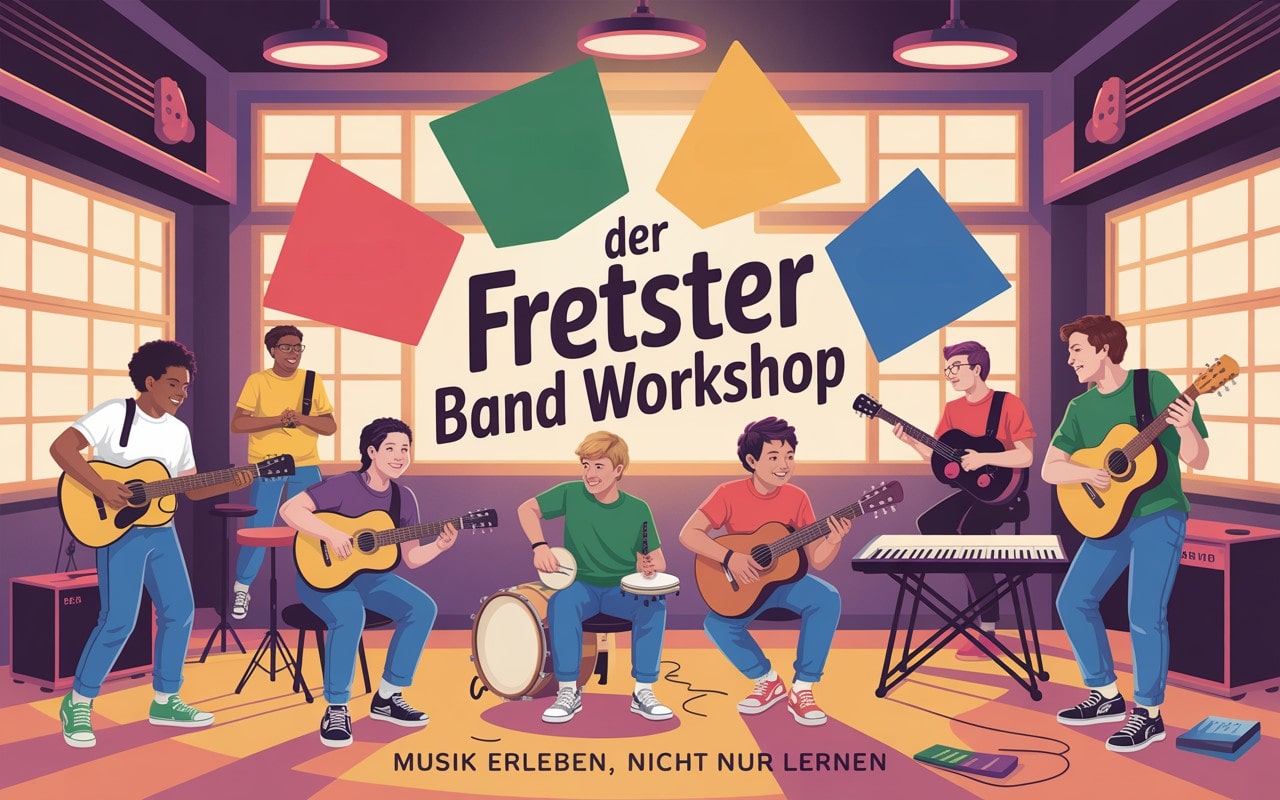Why Music Is a Language — and Why You Should Speak It with Others
I often ask myself: Why does music move us so deeply? Why do we understand it even though it has no words? Maybe because music is a true, universal expression — a language that speaks directly to the heart. Think about it: a child hums before they can speak. We recognize sadness or joy in a song, even if it comes from a country whose language we don’t understand.
Music works like language. It has its letters (notes), its grammar (theory), its intonation (dynamics), and its context (style and emotion). And like any language: you don’t learn it just by reading or listening — you have to speak, respond, communicate.
To “Speak” Music Means to Play with Others
Imagine learning English only from textbooks, but never speaking to anyone. That’s exactly how it feels when you play music only by yourself. You might master reading notes, technique, and theory — but you’ve missed the most important part: the dialogue.
And then comes the moment everything changes: when you play with others. Suddenly, it’s no longer just about you. You listen, you respond, you feel. You create together. It’s not just an ensemble — it’s real communication.
Scientifically Proven: Music Deeply Connects People
It’s not just a feeling — it’s measurable. Studies show that making music together:
- boosts well-being,
- reduces stress,
- synchronizes brain rhythms,
- and even strengthens trust and empathy between people.
When two people make music at the same time, their heart rates and breathing can align. Music literally brings our brains into harmony.
So Why Am I Telling You All This?
Because at Fretster, I see every day how music transforms people — especially when it’s played in a group. That’s exactly why we offer the Band Workshop.



